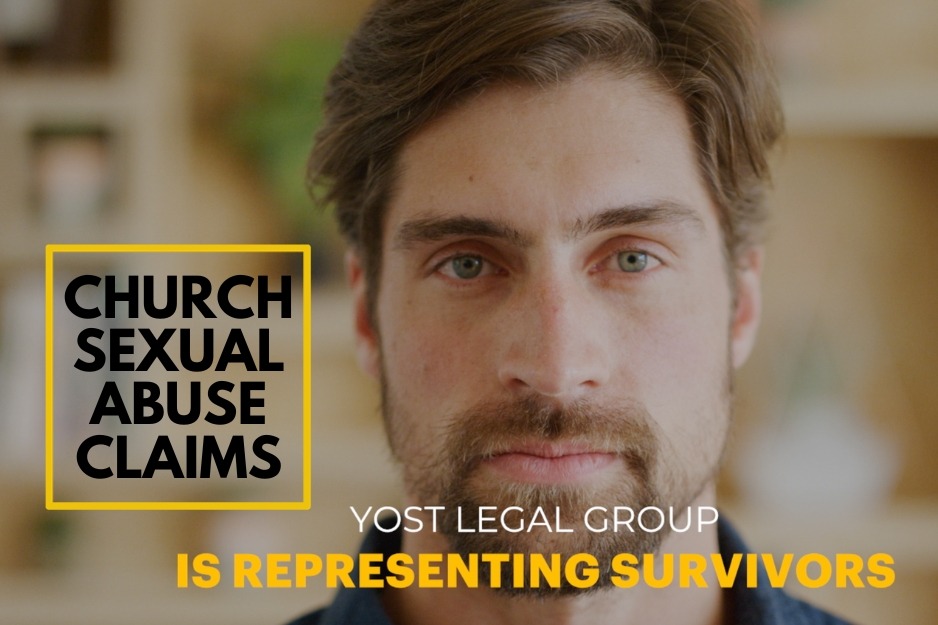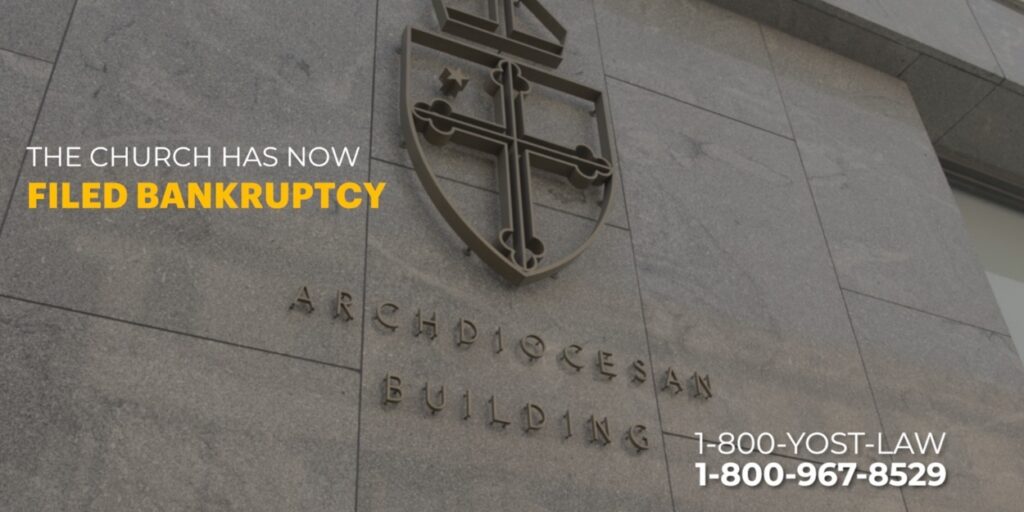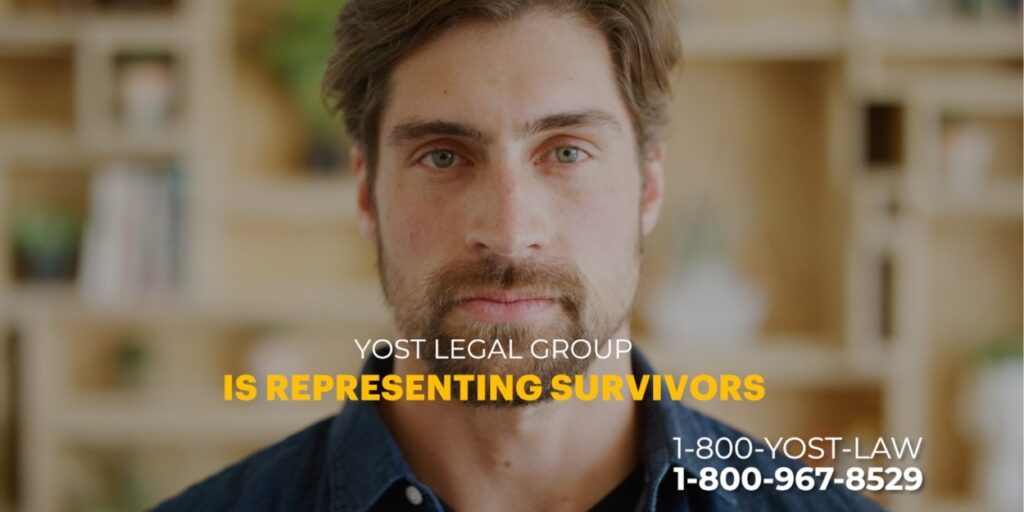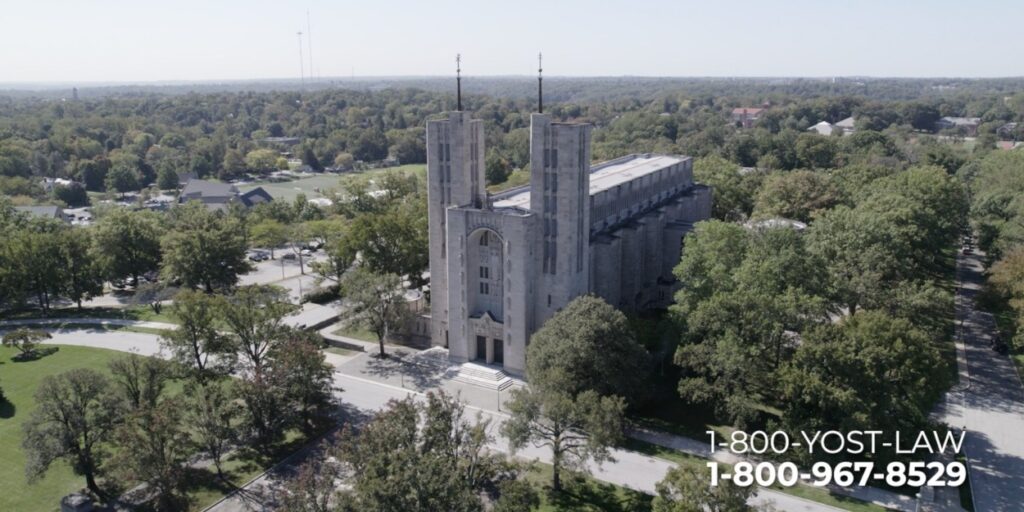Cheltenham, previously called Boys Village of Maryland, ignored years of child sexual abuse claims against staff and guards.
We are still talking about the bad conditions in Maryland‘s juvenile detention centers. Today, we are looking at the Cheltenham Youth Detention Center. Many people have made claims of rape and sexual abuse for years, but authorities did not take them seriously.
Teenagers will make mistakes sometimes. It is normal for them to mess up. Sometimes, they might even make serious mistakes that qualify as actual crimes, leading to forced detention.
Youth detention centers are meant to help young people change for the better and make amends for their actions.
Young people who end up in juvenile detention have often experienced trauma. It is important to give them a chance to learn from their mistakes and grow. This will help them overcome their past experiences and move forward positively. The National Child Traumatic Stress Network notes:
Children who are abused or experience violence are at a higher risk of engaging in criminal behavior. They are also more likely to experience mental health issues and substance abuse problems.
Additionally, these children may be more prone to attempting suicide. Youth who witness family or community violence are also more like.”
Seek Justice for Child Sexual Abuse Survivors
Many minors in Maryland youth detention centers have experienced abuse, assault, and trauma.
Were you or a loved one raped or sexually abused as a minor at Cheltenham Youth Detention Center or any other Maryland juvenile jail?
The Child Victims Act allows you to file a child sexual abuse lawsuit against the facility no matter how long ago the abuse occurred.
Even if you were abused 50 years ago, you may file a claim. Call or text our Maryland sexual abuse lawyers today for a free consultation. Our compassionate childhood sexual abuse survivor lawyers will get started on your case immediately.
Exposing the Abuse in Maryland’s Youth Detention Centers
Minors in youth detention centers are vulnerable. They are away from home in an unfamiliar and unwelcoming environment. They are often scared and lonely. All this happens on top of already potentially suffering from traumatic experiences that led to the offending crime.
Abusers in Maryland’s youth detention centers, like the Cheltenham Youth Detention Center, use their positions of power as doctors, nurses, and guards to take advantage of scared, traumatized, vulnerable minors.
It was despicable behavior these predators engaged in. What is worse is that the people in charge often did nothing, as reports of abuse were levied against staff members. At worst, facilities like Cheltenham Youth Center engaged in cover-up missions.
In this way, Maryland’s juvenile detention center network behaved like the Archdiocese of Baltimore and the Catholic Church.
They ignored the allegations until they could no longer do so, and only then did they move an offender to another post, sweeping the actual issues under the proverbial rug.
Predators in Power Exploiting Minors in Maryland’s Detention Centers
Just as we are holding the Catholic Church accountable thanks to the Child Victims Act, it is now time to take the state of Maryland and its abusive juvenile and youth detention centers to task.
To do that, we must file cases against detention centers such as Cheltenham. Decades of unchecked sexual abuse will no longer be ignored.
We must hold the youth detention centers and the state of Maryland accountable for their inaction while abusers and predators ran rampant. Many guards have sexually abused children in Baltimore juvie detention centers.
If you or a loved one was sexually abused while at Cheltenham Youth Detention Center, let us help you fill a sexual abuse case to seek financial compensation.
You have a safe place to come to share your sexual abuse claim in Maryland. Call or text us today at 410-659-6800 for a free consultation. There is no fee unless we win your case. Our experienced sexual abuse attorneys will work with you with compassion and respect.
The Hidden Horrors of Cheltenham Youth Detention Center
Like the Charles H. Hickey, Jr. School, which we reported on recently, the Cheltenham Youth Detention Center opened in the second half of the 1800s and has undergone several name changes over its 150-year history.
Located in Prince George’s County, Cheltenham’s current name was founded in 2016. However, from 1949 to 1992, the youth detention center was known as the Boys’ Village of Maryland.
And as with Hickey, decades and name changes could not erase its sordid history.
In 2004, the United States Justice Department released a report on its 20-month investigation into Hickey and Cheltenham. The findings were as sickening as they were illuminating.
Over the report’s 51 pages, the U.S. Justice Department detailed several unprofessional, unethical, and illegal practices and procedures conducted by the Cheltenham staff.
For the purposes of this litigation, we will highlight “Article III: Findings, Section A: Protection from Harm, Clause 5: Other Abusive Practices, a.: Inappropriate Staff-Youth Relationships.”
These were not “relationships.” Adults with positions of power at a juvenile detention center raped and sexually abused minors—some as young as 14 years old.
Abuse Allegations Ignored How Maryland Failed Its Vulnerable Youth
Minors and prisoners cannot give consent. The vulnerable youth at Cheltenham and other juvenile detention centers were both.
This particular passage only outlines a few instances of sexual abuse at Cheltenham. However, there are dozens of public lawsuits filed by former youth inmates of Cheltenham alone.
We at The Yost Legal Group are already representing dozens of Maryland youth detention center childhood sexual abuse survivors, some of whom spent time at Cheltenham. Unfortunately, we expect to receive inquiries from many more people.
Please remember that you are not alone. We are here to listen. We are here to help.
Contact our Baltimore sexual abuse lawyers today for guidance. We will listen to what happened and file a claim for child sexual abuse.
If you are a survivor of child sexual abuse at a Baltimore juvenile detention center, call for a free, confidential consultation.
Survivors of childhood sexual abuse can come forward confidentially to seek justice.
If the Baltimore Department of Juvenile Services failed to protect you as a minor, we can file a sex abuse case on your behalf. Now, because of the Child Victims Act of 2023, you can file a lawsuit.
The experienced child sexual abuse survivor attorneys at The Yost Legal Group are ready to fight to get the justice you deserve. Call or text us at 410-659-6800 for a free consultation.
Child Sexual Abuse Claims Maryland – Maryland Juvenile Sex Claims – Juvenile Jails Sexual Abuse











